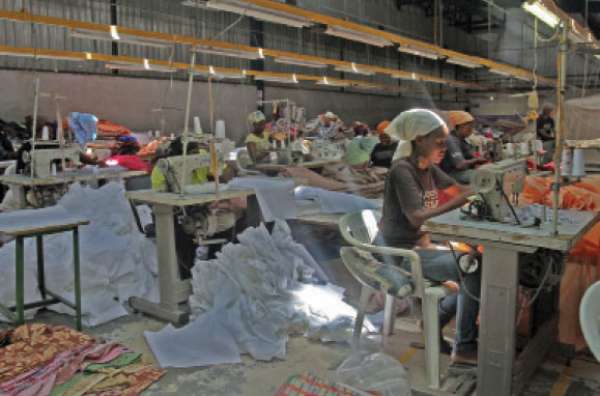Botswana FDI falls
Botswana will continue to face difficulties in attracting Foreign Direct Investment (FDI), a group of local economists say in a paper that assesses the health of Botswana’s economy in the first quarter of the year.
In a report commissioned by Stanbic Bank Botswana, University of Botswana (UB) economists stopped short of saying the high cost of doing business in Botswana is scaring investors away from the landlocked country. “Botswana’s low FDI may be due to the high costs of doing business and also the country’s success with the trade surplus and balance of payments created by the high valued diamonds exported,” say economists Dr. Boitumelo Moffat and Mavis Moalosi.
According to the review, a “high surplus on savings over investment may suggest that Botswana does not, in financial terms, need inflow of foreign capital”. Indeed, Statistics Botswana’s latest trade digest shows that the mining-rich economy reported a trade surplus of P1,3 billion as at January this year. But even with such a high surplus on paper, it does not mean that the country does not need FDI as FDI can be a source of growth and contribute significantly to the country’s economic diversification drive, the UB academics argue.
Botswana’s FDI stood at less than P2 billion in 2013, reflecting a downward trajectory that calls for urgent measures to improve ease of doing business. According to the United Nations Conference on Trade and Development (UNCTD), Botswana’s FDI dropped by 29 percent to $293 million (about P2,3 billion) in 2012. More than half this FDI was channeled into greenfield projects. Government is yet to disclose the value of FDI it attracted into the country last year. In an article contained in their paper, Moffat and Moalosi point out that certain costs in the country are high. These include skilled and unskilled labour relative to productivity. Transport and Internet connectivity are other issues that inhibit attraction of high value investments.
Botswana relies heavily on diamond exports that are starting to show signs of distress in the wake of poor consumer confidence in developed countries. “If Botswana is to attract the FDI that it requires, more attention needs to be paid to the cost of doing business, and not just improving the business climate and competitiveness,” says the recently released report. “Competiveness reports do not measure competitiveness in terms of whether Botswana firms can produce goods and services at a lower cost than firms in other countries,” it says. The UB dons suggest that government should cut bureaucracy. For example, it takes 111 days and 21 procedures for someone to get a work permit in the Botswana Democratic Party (BDP) led country.
This does not compare favourably with other countries in Sub-Saharan Africa, the economists say. On average it takes 51 days and 21 procedures to get a permit in most southern African countries. Amid all this, international agencies have heaped praise on Botswana’s business climate, with the Global Competiveness Report ranking Botswana 4th in Africa after Mauritius last year.
A recent World Bank report on Doing Business also ranked Botswana 4th in Africa and 56th in the world. However, the UB economists say the situation on the ground does not reflect this as the country still fails to attract FDI to the same degree as its peers. In a bid to improve ease of doing business in Botswana, government has appointed a cabinet sub-committee chaired by trade minister Vincent Seretse to look at ways that can improve the country’s competitiveness.






